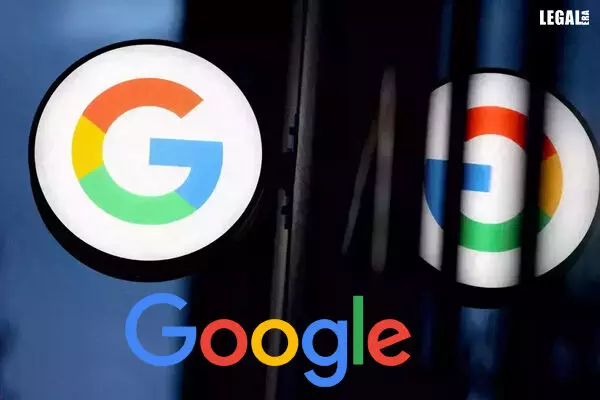- Home
- News
- Articles+
- Aerospace
- Artificial Intelligence
- Agriculture
- Alternate Dispute Resolution
- Arbitration & Mediation
- Banking and Finance
- Bankruptcy
- Book Review
- Bribery & Corruption
- Commercial Litigation
- Competition Law
- Conference Reports
- Consumer Products
- Contract
- Corporate Governance
- Corporate Law
- Covid-19
- Cryptocurrency
- Cybersecurity
- Data Protection
- Defence
- Digital Economy
- E-commerce
- Employment Law
- Energy and Natural Resources
- Entertainment and Sports Law
- Environmental Law
- Environmental, Social, and Governance
- Foreign Direct Investment
- Food and Beverage
- Gaming
- Health Care
- IBC Diaries
- In Focus
- Inclusion & Diversity
- Insurance Law
- Intellectual Property
- International Law
- IP & Tech Era
- Know the Law
- Labour Laws
- Law & Policy and Regulation
- Litigation
- Litigation Funding
- Manufacturing
- Mergers & Acquisitions
- NFTs
- Privacy
- Private Equity
- Project Finance
- Real Estate
- Risk and Compliance
- Student Corner
- Take On Board
- Tax
- Technology Media and Telecom
- Tributes
- Viewpoint
- Zoom In
- Law Firms
- In-House
- Rankings
- E-Magazine
- Legal Era TV
- Events
- Middle East
- Africa
- News
- Articles
- Aerospace
- Artificial Intelligence
- Agriculture
- Alternate Dispute Resolution
- Arbitration & Mediation
- Banking and Finance
- Bankruptcy
- Book Review
- Bribery & Corruption
- Commercial Litigation
- Competition Law
- Conference Reports
- Consumer Products
- Contract
- Corporate Governance
- Corporate Law
- Covid-19
- Cryptocurrency
- Cybersecurity
- Data Protection
- Defence
- Digital Economy
- E-commerce
- Employment Law
- Energy and Natural Resources
- Entertainment and Sports Law
- Environmental Law
- Environmental, Social, and Governance
- Foreign Direct Investment
- Food and Beverage
- Gaming
- Health Care
- IBC Diaries
- In Focus
- Inclusion & Diversity
- Insurance Law
- Intellectual Property
- International Law
- IP & Tech Era
- Know the Law
- Labour Laws
- Law & Policy and Regulation
- Litigation
- Litigation Funding
- Manufacturing
- Mergers & Acquisitions
- NFTs
- Privacy
- Private Equity
- Project Finance
- Real Estate
- Risk and Compliance
- Student Corner
- Take On Board
- Tax
- Technology Media and Telecom
- Tributes
- Viewpoint
- Zoom In
- Law Firms
- In-House
- Rankings
- E-Magazine
- Legal Era TV
- Events
- Middle East
- Africa
Google Wins $20 Million Appeal Over Patent Dispute for its Chrome Tech

Google Wins $20 Million Appeal Over Patent Dispute for its Chrome Tech
The U.S. Appeals Court has ruled in favor of Alphabet's Google LLC in an appeal worth multi million over a patent infringement dispute regarding the technology on its Chrome browser. The company managed to cancel three anti malware patents infringement case that were worth 20 million US Dollars.
The U.S. Court of Appeals for the Federal Circuit was of the view that Alfonso Cioffi and Allen Rozman's patents were invalid because they contained inventions that were not included in an earlier version of the patent.
Cioffi and the late Rozman’s daughters had filed a lawsuit against the Search Engine giant over anti malware technology that it employed on its popular web browser, Google Chrome. They alleged that anti-malware functions in Google's Chrome web browser infringed their patents for technology that prevents malware from accessing critical files on a computer.
Thus, a jury decided that Google had infringed on the patents and awarded the plaintiffs a 20 million US Dollar along with ongoing royalties back in 2017.
However, the Federal Circuit differed in its view and stated that all three patents were invalid. The three patents were reissued from an earlier anti-malware patent, and federal law required the new patents to cover the same invention as the first, the unanimous three-judge panel concluded.
The Appeals Court was of the view that the new patents outlined Technology specific to web browsers that the first patent did not mention.



